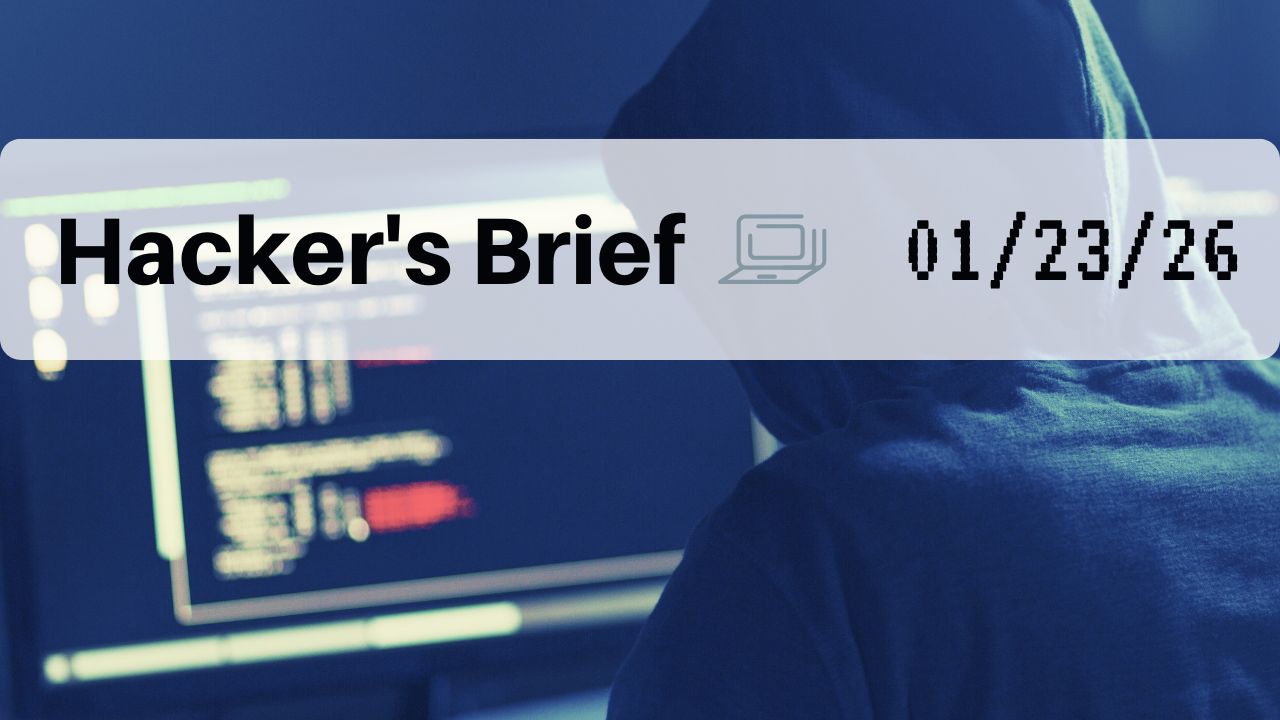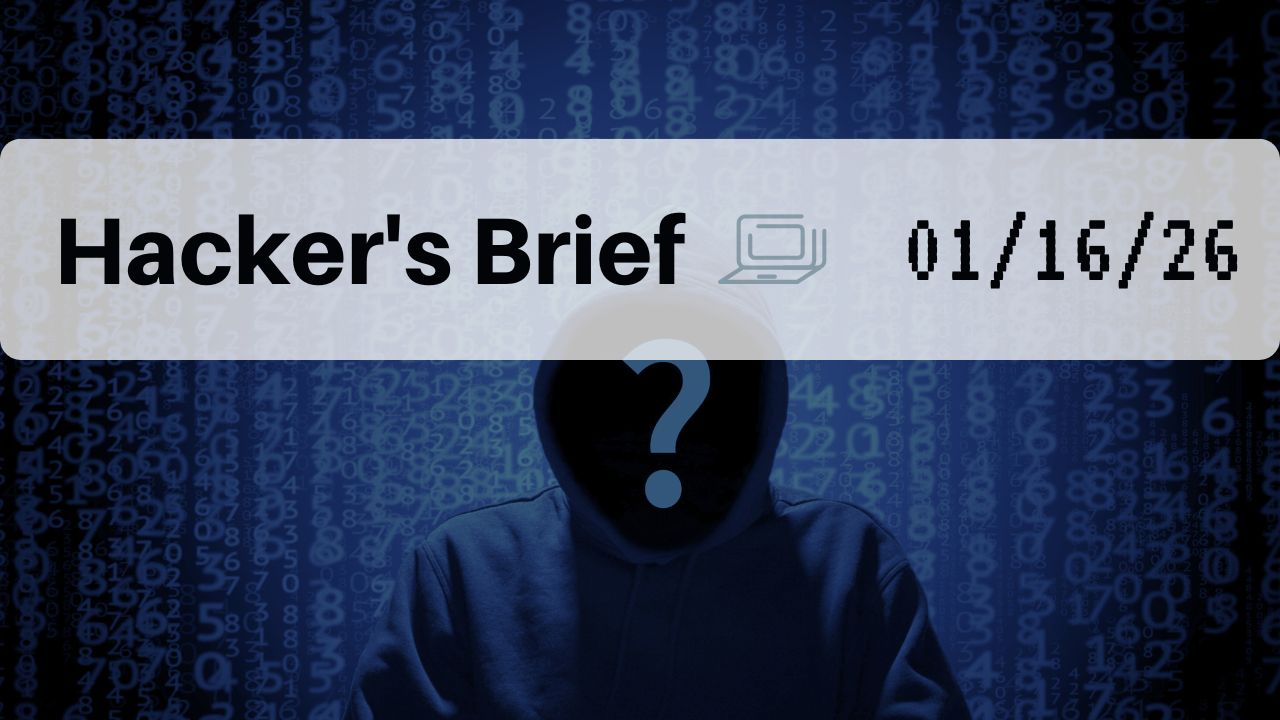
www.wyocan.org
www.cyberwyoming.org/alliance
307-314-2188, PO Box 2332, Laramie, WY 82073
Verifiably Suspicious:
A Jackson citizen received an unusual email from Redtail Technologies, which read as follows: "Your email account linked to 'their email' needs urgent verification. We've marked it for maintenance due to a lack of recent verification. Taking prompt action will guarantee the ongoing functionality of your email account and its associated domain." This email also contained a questionable "Verify Email" button and email address. CyberWyoming Note: It's worth noting that while this email may be legitimate, it's always advisable to exercise caution and verify the source to ensure your online security.
Another Norton Antivirus Scam:
A resident of Laramie received an email from someone who claimed to be from Norton LifeLock Antivirus. This email resembled a previously reported antivirus scam, even though there were some differences in appearance. The email included an invoice for a product, which was set to auto-renew. What raised suspicions were a few key factors: the citizen doesn't use Norton antivirus, the email was sent from a Gmail address rather than an official business domain, it was quite vague, and the email address and label had entirely different names. The email's subject line was “We appreciate your purchase.1882508773.” CyberWyoming Note: Avoid clicking on any links or downloading attachments from emails sent by unknown sources. To confirm the legitimacy of the sender, reach out to the official company directly. Always ensure your antivirus software is up to date and trust your instincts.
Protecting Our Nation’s Heroes:
The threat level for fraud targeting the military community is increasing, with current and former military service members being targeted by criminals seeking to steal their money, identity, and benefits. A recent AARP survey revealed that veterans, active-duty service members, and their families are 40% more likely to lose money to fraud compared to civilians. The Federal Trade Commission saw a 75% increase in fraud reports by the military community from 2021 to 2022, resulting in $414 million in reported losses.
Fraudsters use various methods to target veterans and service members, including posing as officials from the U.S. Department of Veterans Affairs (VA) to solicit sensitive personal information, offering "free" or discounted devices, and approaching veterans with promises to help grow retirement funds or obtain extra benefits from the VA. Some even offer to buy out future disability or pension benefits with lump-sum payments.
To combat fraud against veterans, it's essential to know the following:
- The VA will never contact you out of the blue and ask for sensitive personal information or require upfront payment for health services.
- The PACT Act is a new law expanding VA health care and benefits for veterans exposed to toxins. Scammers may mislead veterans into applying for these benefits through them for a fee. Verify such claims through VA.gov/PACT or by calling 800-698-2411.
- "Free" medical devices are often not free, and the VA may be overbilled for these devices.
- Always verify the credentials of financial advisers at brokercheck.finra.org.
- Be cautious of offers requiring upfront payments for future benefits, as they are likely to be of minimal value.
To protect yourself:
- If someone claiming to be from the VA requests personal information, hang up and contact the VA directly at 800-827-1000.
- Ignore unsolicited offers related to VA benefits and use VA-accredited representatives for assistance. The VA maintains a searchable database of attorneys, claims agents, and veterans service organizations.
- Stay informed about veteran scams by using resources like AARP's Veterans Fraud Center, which provides information on the latest scams targeting the military community, tips for spotting consumer fraud, and tailored resources to protect veterans and military families.
– Brought to you by AARP Fraud Watch Network
Microsoft's Secure Future Initiative:
How AI Strengthens Cyber Defense: Microsoft's Secure Future Initiative acknowledges that the Russia-Ukraine conflict has shifted the advantage in cyberspace from offense to defense. The tech sector's ability to develop strong cybersecurity defenses, coupled with government support and corporate investment, has been demonstrated in Ukraine's successful cyber defense. Microsoft aims to enhance cyber defense through AI in the following ways: advancing threat intelligence with AI, using AI to combat cyberattacks rapidly, and securing AI in services following Responsible AI principles. – Brought to you by: CyberheistNews
MS-ISAC and CISA Patch Now Alert:
The Multi-State Information Sharing and Analysis Center (MS-ISAC) or the Cybersecurity & Infrastructure Security Agency (CISA) has published a patch now (update your software) alert for Citrix (NetScaler ADC and NetScaler Gateway), Cisco products, Apple products, Google Android OS, Atlassian Confluence, and ChromeOS. If you use these products, make sure the software (or firmware) is updated.
Data Breaches in the News:
Hilb, Okta, LEGO Marketplace BrickLink, LinkedIn, Sumo Logic
Note: If you have an account with one of these companies, be sure to change your password and consider placing a credit freeze on your accounts through the three credit reporting agencies: TransUnion, Experian, and Equifax.
Please report scams you may experience to phishing@cyberwyoming.org to alert your friends and neighbors.
Other ways to report a scam:
- Better Business Bureau Scam Tracker: bbb.org/scamtracker/us/reportscam
- Wyoming Attorney General’s Office, Consumer Protection 307-777-6397, 800-438-5799 or ag.consumer@wyo.gov
- File a complaint with the Federal Trade Commission at reportfraud.ftc.gov
- Report your scam to the FBI at www.ic3.gov/complaint
- Reported unwanted calls to the Federal Trade Commission’s Do Not Call Registration. Online at donotcall.gov/report.html or call 1-888-382-1222, option 3
- Office of the Inspector General: oig.ssa.gov
- AARP Fraud Watch Network (any age welcome) Helpline 877-908-3360
- IRS: report email scams impersonating the IRS to phishing@irs.gov
- Call the Wyoming Senior Medicare Patrol (SMP) for assistance with potential Medicare fraud, abuse, or errors at 1 800 856-4398
- Victim Support: The AARP Fraud Watch Network and Volunteers of America (VOA) created a new, free program to provide emotional support for people impacted by a scam or fraud, called ReST. Visit www.aarp.org/fraudsupport to learn more about the free program and register








